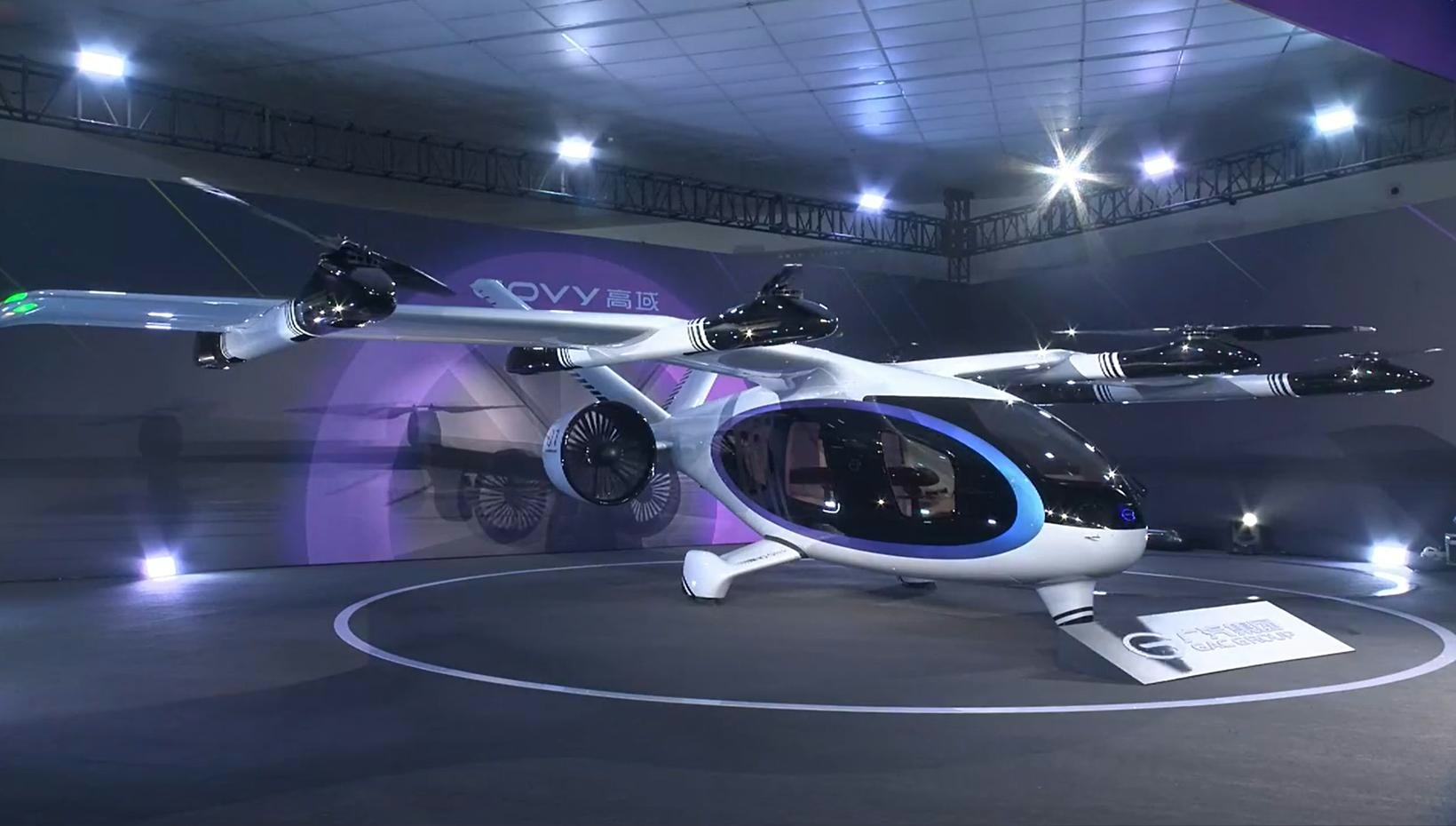
Smarter email, faster business. Auto-tag, parse, and respond to RFQs, quotes, orders, and more — instantly.
Trending
AI Could Influence Pricing of Delta Airline Tickets
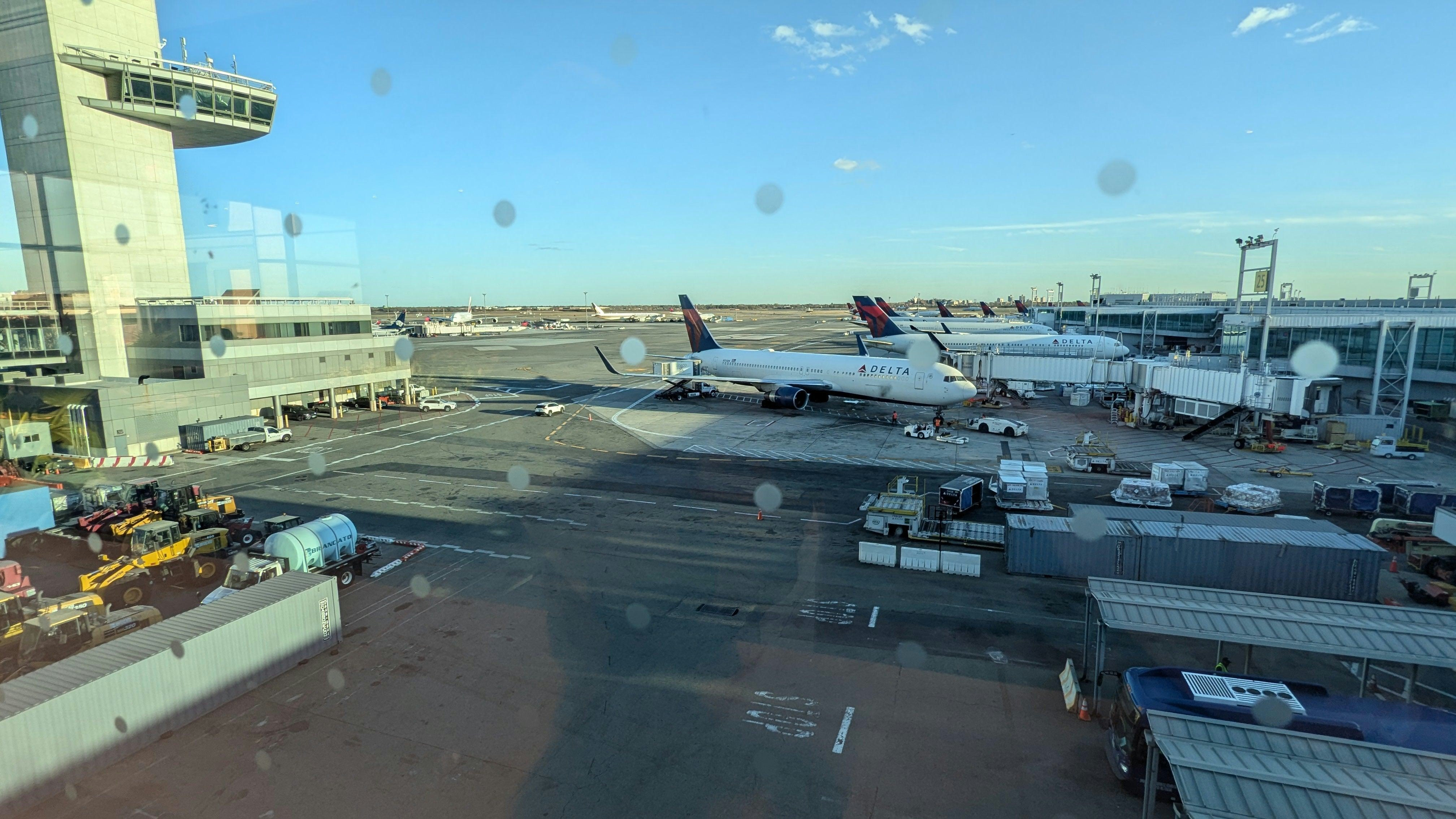
Delta Air Lines Advances AI-Driven Ticket Pricing Strategy
Delta Air Lines is intensifying its use of artificial intelligence to revolutionize ticket pricing across its domestic network. Currently employing an AI-powered pricing tool on approximately 3% of its domestic routes, the airline plans to expand this technology to cover 20% of its flights by the end of the year. This initiative reflects a broader effort to modernize pricing mechanisms and enhance revenue management.
AI as a “Super Analyst” in Pricing
The AI system, developed by Israeli firm Fetcherr, is engineered to identify the maximum price an individual passenger is willing to pay for a ticket. Delta President Glen Hauenstein described the technology as a “super analyst” integral to a comprehensive overhaul of the airline’s pricing strategy. While still in an intensive testing phase, the system has already demonstrated the ability to generate “amazingly favorable unit revenues.” Hauenstein emphasized that the AI improves continuously as it processes more data, signaling a shift toward more sophisticated, data-driven pricing models.
Beyond setting ticket prices, Fetcherr’s technology also manages seat availability at various price points, moving Delta toward an “offer management” system. This approach replaces traditional static price grids and manual accept-reject methods with personalized pricing tailored to individual customers, marking a significant evolution in how airlines manage inventory and revenue.
Industry Implications and Challenges
Early indications suggest that AI-driven pricing can substantially boost revenues. Fetcherr reports that its technology has previously increased airline revenues by up to 9%, a gain Delta aims to replicate as it scales the system. However, the adoption of AI in ticket pricing introduces new complexities. The airline industry is closely monitoring Delta’s progress, with competitors such as United Airlines and American Airlines likely to accelerate their own AI initiatives or adjust pricing strategies in response. This competitive dynamic could intensify pricing pressures and potentially trigger price wars.
The broader travel sector is also witnessing a surge in AI investment, with companies like Royal Caribbean and Marriott making significant hires to bolster their AI capabilities. Meanwhile, consumer perception remains a critical consideration. As AI-driven pricing leads to greater variability in ticket costs, questions about fairness and transparency are emerging. Regulatory bodies may increase scrutiny to ensure that personalized pricing does not undermine competition or consumer protections.
Despite these challenges, Delta’s leadership remains confident in the transformative potential of AI. Hauenstein highlighted the airline’s commitment to delivering prices that are dynamically tailored to each individual passenger, reflecting a fundamental shift toward more personalized and responsive pricing models.
Delta’s shares, which initially rose following better-than-expected earnings, have recently declined by about 2% and are down 8% year-to-date. This performance mirrors broader market volatility and investor caution as the airline industry navigates the complexities of integrating AI into its core business operations.

Preliminary Report Released on Air India Crash That Killed 260
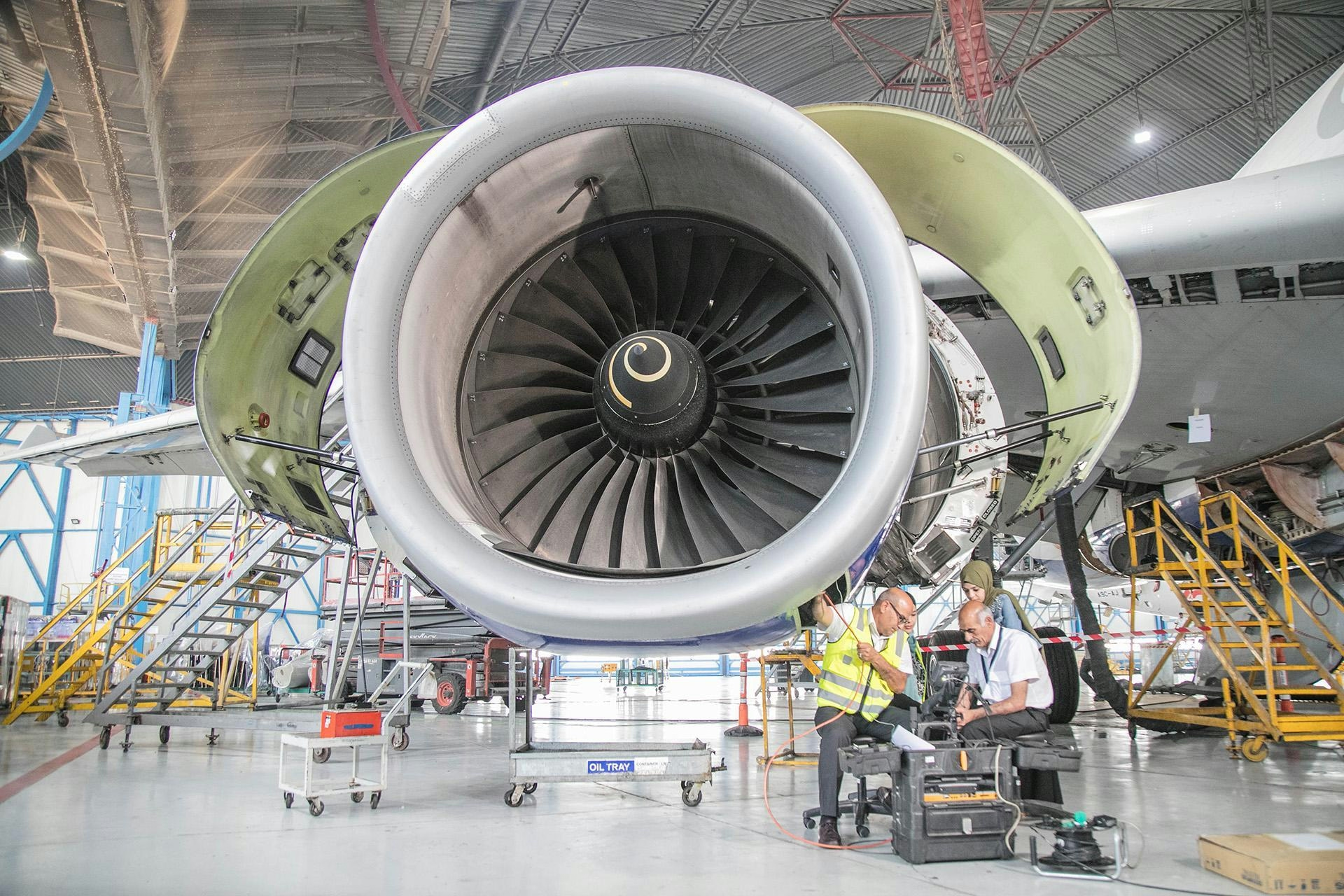
IAI Certifies 777-300ERSF for Rolls-Royce Trent 1000 Engines
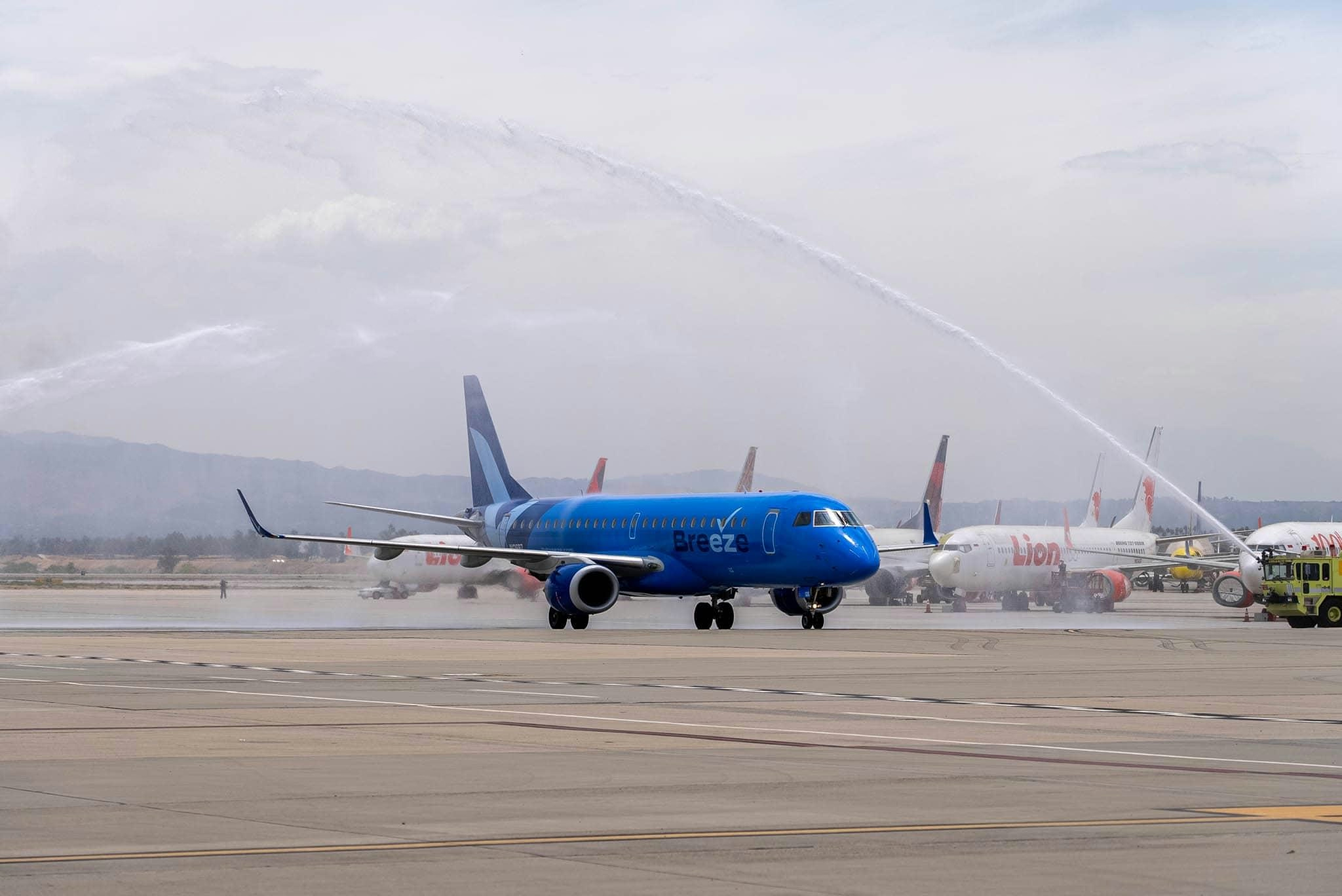
GIFT City Creates $5 Billion Annual Opportunity for Domestic Aviation, Says Naidu

Civil Aviation Minister Says AAIB Preliminary Report on AI Plane Crash Imminent
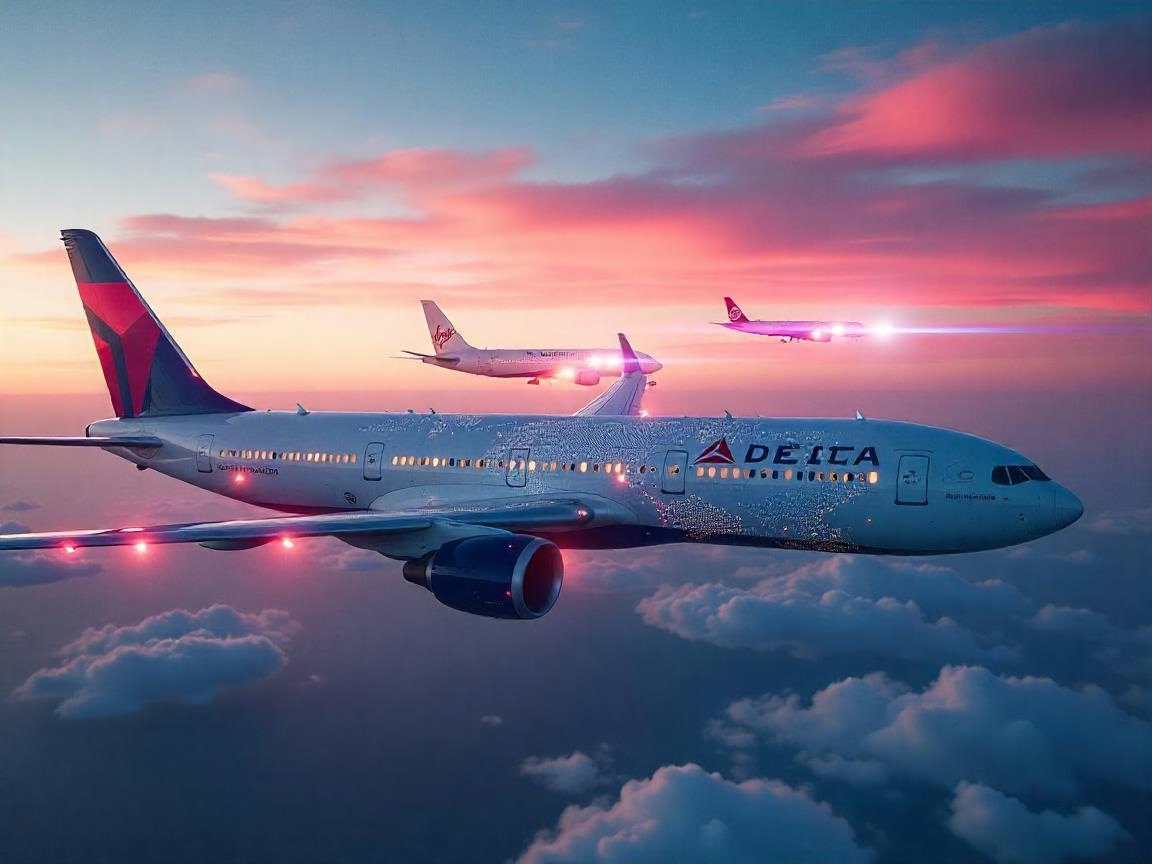
Delta Air Lines Partners with United, Azul, Virgin Atlantic, Royal Air Maroc, and Lufthansa to Implement Artificial Intelligence
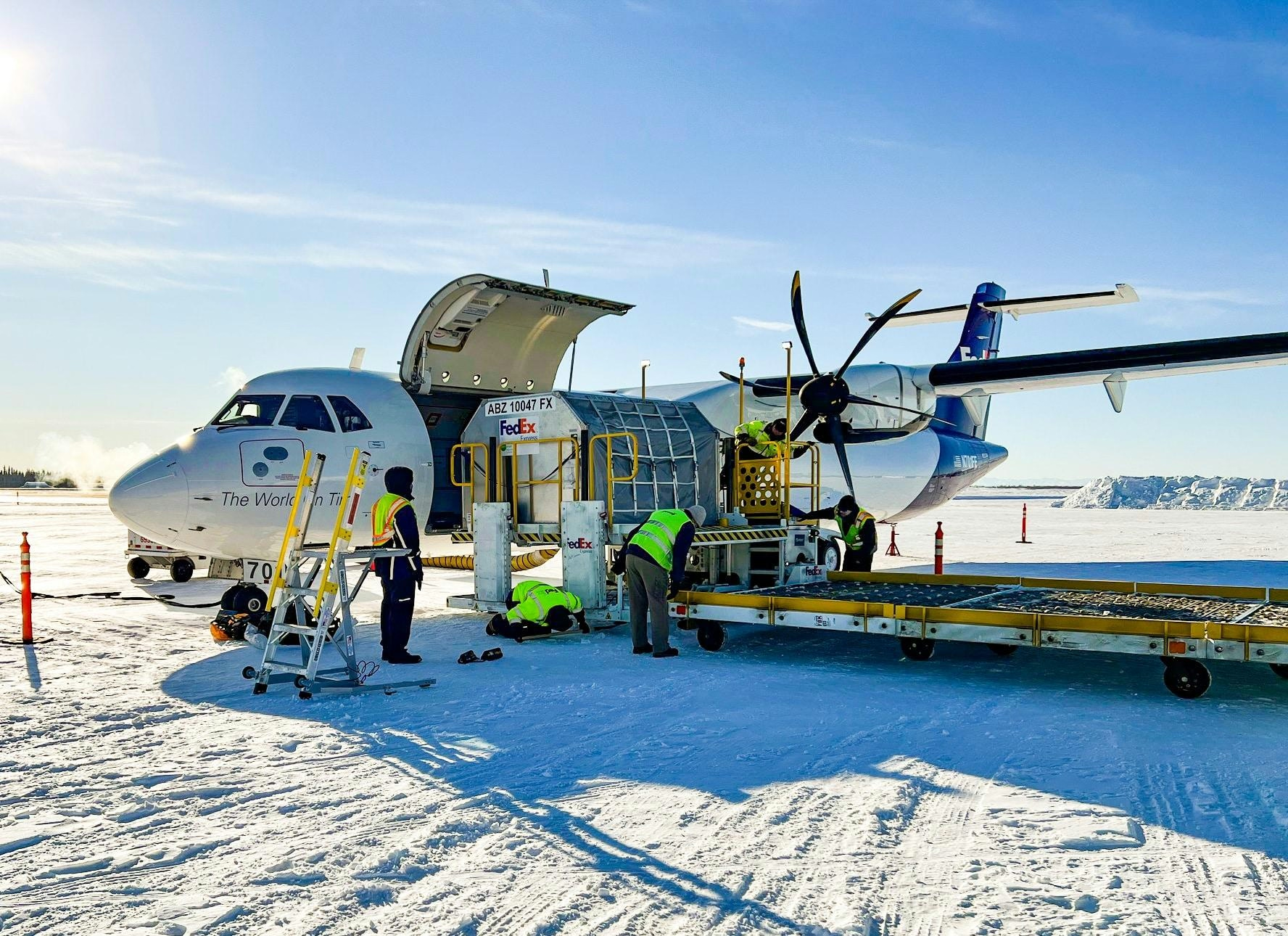
FedEx Receives First Converted ATR 72-600 Freighter
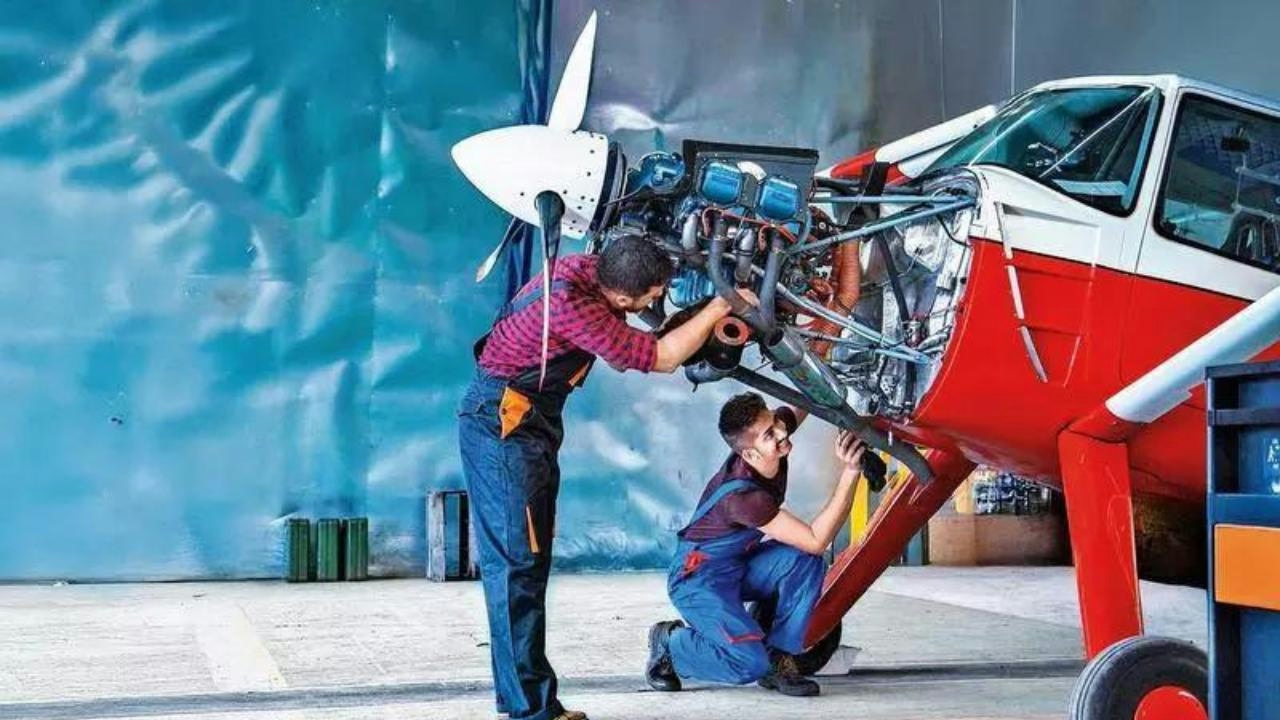
India Struggles to Meet Expectations in Global Aviation Sector

MRO Memo: The Future of Aftermarket M&A
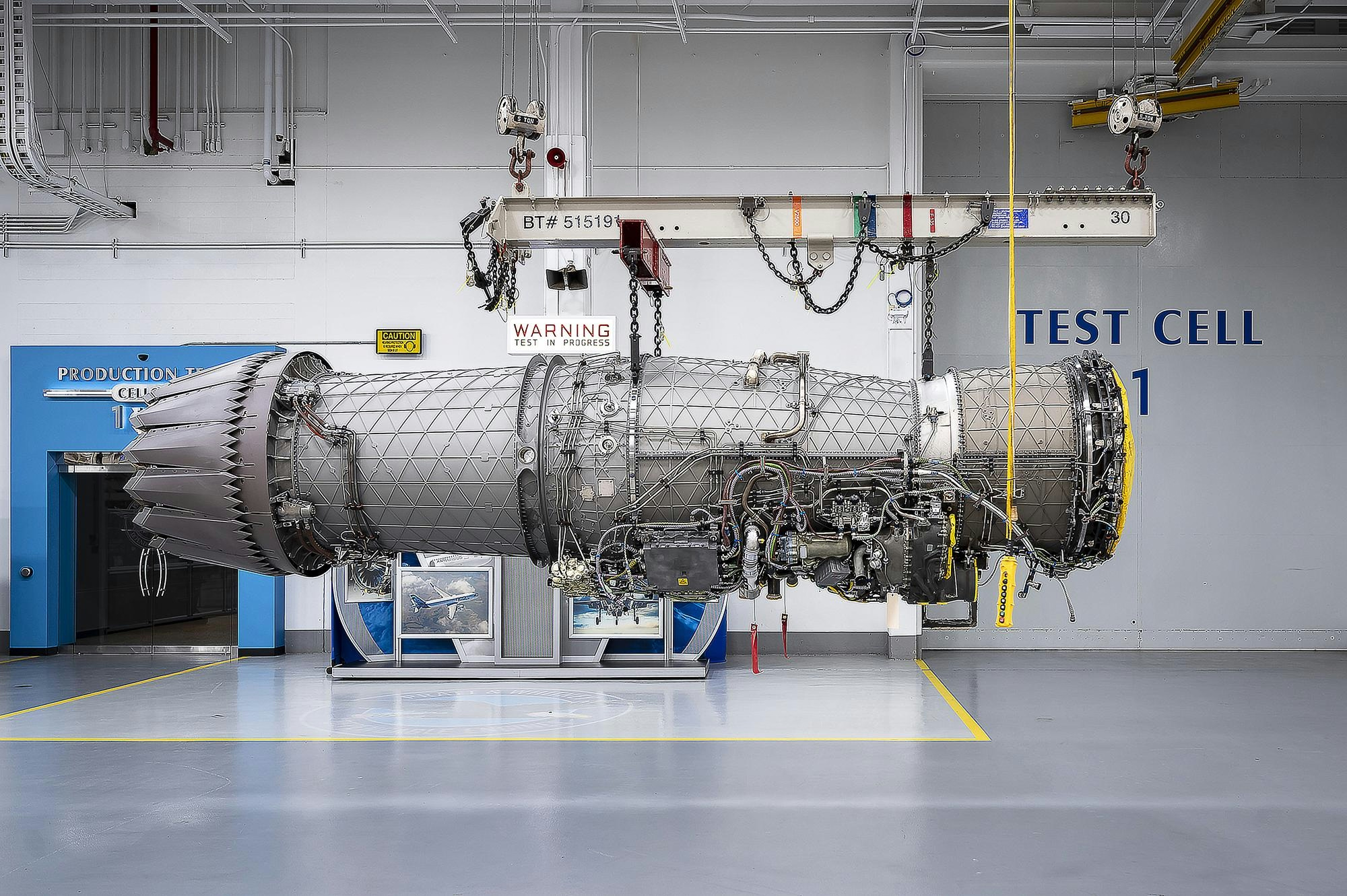
Pratt & Whitney Begins Production of Adaptive XA103 Engine
